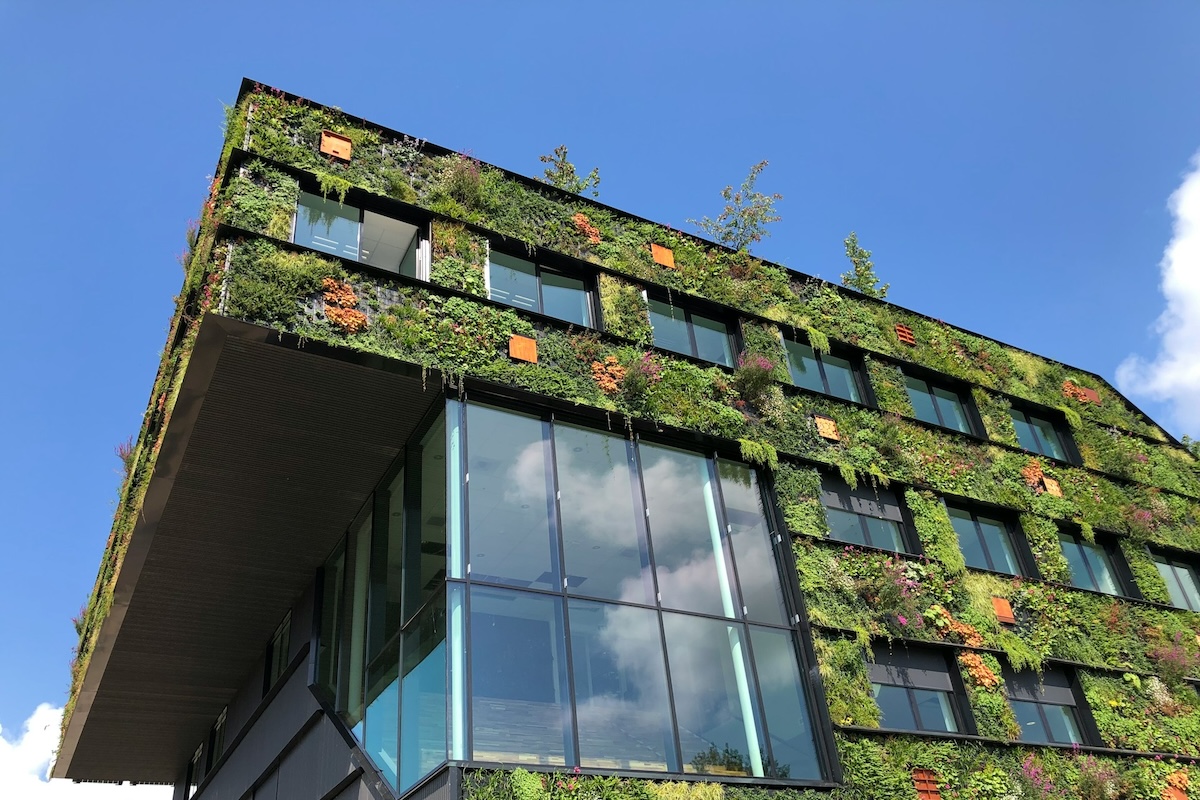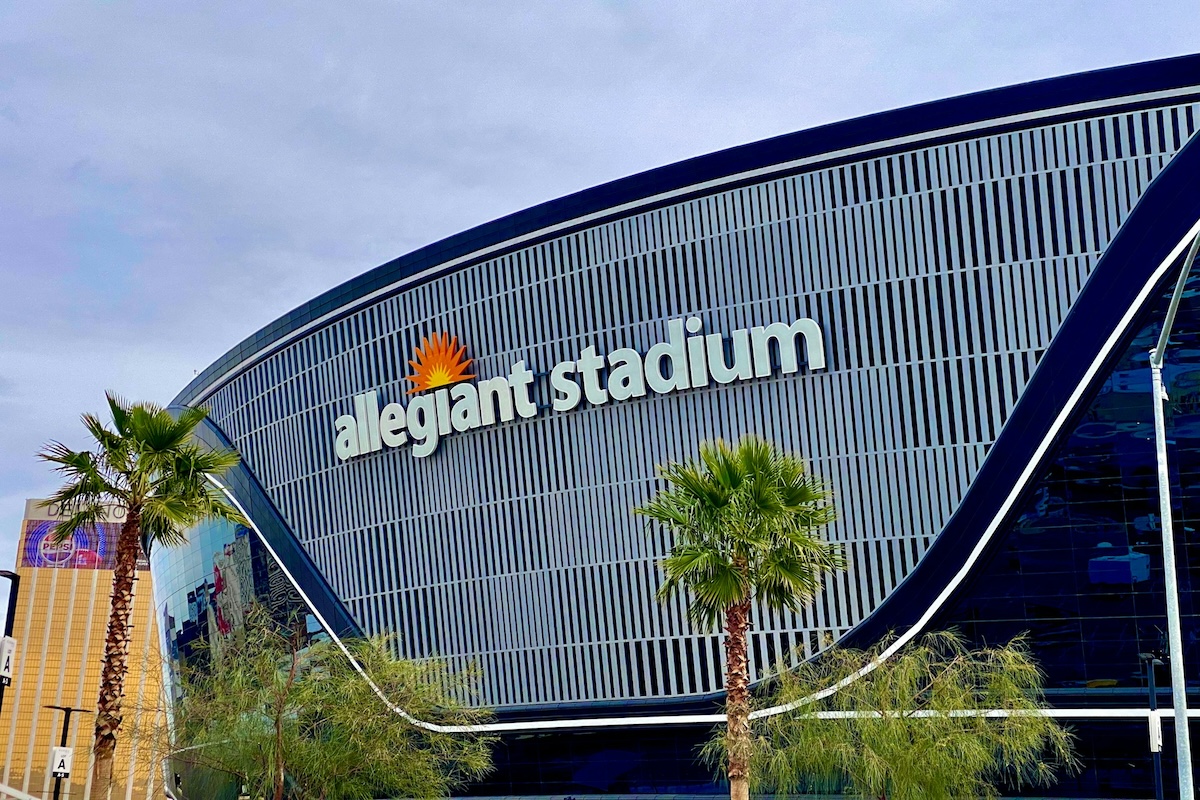Between air travel, energy use, and excess food (not to mention booth installations, printouts, and giveaways), the average 1000-person event reputedly produces 530 metric tons of CO2e emissions. However, recent trends suggest a serious sustainability commitment from many venues, particularly in countries like France and Germany.
So are we in a state of emergency when it comes to sustainability in events? And what can the industry do to move towards a more sustainable future?
We spoke with a number of experts to gain some insights on the matter.
Where Do We Stand?
Businesses have been compelled to begin a journey towards a sustainable future, especially with the establishment of the UN’s Sustainable Development Goals in 2015.
That said, despite the increase in awareness about sustainability and waste management within the industry, there’s still a long way to go.
“Another telling indicator of the state of our venues and hotels would be to ask them what their baseline waste diversion rate is annually, monthly, or per event,” shared MeetGreen Director of Sustainability Eric Wallinger. “A handful of properties have really stepped forward as leaders around waste [but] most outside of those select few properties simply are not tracking these metrics to any significant degree.”
An important step in this regard would therefore be for more venues to implement a systematic waste tracking system—it’s nearly impossible to address an environmental problem you cannot measure.
The fact that MeetGreen isn’t aware of any new industry data regarding event waste impacts other than their own is also telling. It’s particularly alarming given that “recycling markets are significantly more challenged than ever before and our event waste volumes remain incredibly high and largely untracked.”
In terms of pure waste reduction and management, it would seem that venues and event organizers are not being as proactive and efficient as they could be. However, it’s also important to consider other factors that go into and come out of large-scale events.
Looking at Event Sustainability in Context
Nowadays, “sustainability” is often used as a proxy for “eco-friendliness”, but the UN World Commission on Environment and Development defines sustainable development as that which “meets the needs of the present without compromising the ability of future generations to meet their own needs.”
Following suit, Hattendorf describes this idea as it pertains to events:
James Latham produces The Iceberg, the Joint Meetings Industry Council (JMIC)’s platform for providing resources for industry-related advocacy. On sustainability, he affirms the importance of sharing best practices “within the context of what is achieved as a result of the meetings—the trade and intellectual engagement, the social and societal impacts, innovation, and talent acquisition.”
This context makes the issue of sustainability in events a bit more complex. The total positive effects of events can be harder to measure than the very concrete stats around, for example, the amount of waste produced.
But when talking about sustainability, the real commercial and productive value of events must be part of the discussion. If not events, then what?
How much this will be impacted by a rise in virtual and hybrid events remains to be seen, but Hattendorf also emphasizes the advantage that exhibitions have with their ability to “showcase their initiatives to millions of participants.”
It’s clear that events are uniquely adept at delivering important value to businesses and associations, so perhaps the better question is, “if events, then how?”
Sharing the Responsibility of Sustainable Events
Conferences and meetings are an effective way for industry experts to meet and make important advances in technology, healthcare, etc., but we can’t ignore their environmental cost. Events may be valuable, but that doesn’t mean we can’t improve upon them.
Hattendorf believes that the key lies in a mix of awareness and collaboration, emphasizing the need to share best practices and solutions.
UFI’s research initiatives are designed to collect these best practices and case studies, and boast “more than 40 initiatives being shared in our research database – freely available to industry professionals.”
As Hattendorf puts it, “we need to bring the right experts and industry leaders together and create platforms for knowledge exchange for all.” UFI is creating just that for the exhibitions industry in May 2020. Hattendorf describes it as “a forum with the possibilities for every other meetings industry association to align with their own meetings, sharing one infrastructure and connecting the communities.”
Taking Inspiration from Those Who Do it Better
Helping one another around the world to save it is a noble undertaking, but our recent research suggests that not every country is equally invested. We recently met up with Matthias Schultze, Director of the German Convention Bureau, and he offered the following insight on why places like Germany tend to perform so much better.
This struck me more than the advanced light rail he spoke of, the state-of-the-art intercity transportation and other notable initiatives. Sustainability in Germany has been codified. It’s not optional. It’s not voluntary. It’s not a buzzword.
In Germany, a high sustainability standard is a hard requirement if you want to avoid a legal penalty.
And the German Convention Bureau is committed to seeing it manifest in all aspects of event planning. Their rightandfair initiative, modelled after the UN Global Compact, allows CEOs to opt into a 10-point sustainability commitment, and is already 600 organizations strong. The commitment calls for CEOs to be open-minded, proactive, and considerate as they work to ameliorate the economy, but also the common good.
Evolving Values Are Changing Priorities
Naturally, destinations and venues are crucial partners in the ongoing effort to make events more sustainable, and many are taking this on as part of a wider shift in how they market to planners.
This shift is what Latham describes as a “shift away from the `travel agent` perception of the business events industry [to that of a] `change agent` in relation to societal impact and economic transformation.”
What Latham is referring to is a departure from traditional destination value propositions – the beaches, the number of 5-star restaurants – in favor of the unique cultural, historical, and technological features that serve the event mission. People want experiences that resonate with and transform them, and organizers are keeping that in mind when sourcing compelling destinations.
In other words, while cost will always be a factor, many organizations are starting to place more value and importance on the relevance of the host destination in cocreating a positive impact with their events.
While it’s clear that there is much more to event sustainability than CO2 emissions and plastic, a big part of that positive impact will involve reducing or offsetting the negative effects that large-scale events inevitably have on our planet.
IN CONCLUSION
Discussions on event sustainability and waste management aren’t going anywhere anytime soon—on the contrary, they’re spanning organizations and governments globally. Events are important vehicles for change, and improvements to our traditional processes when it comes to the environment are inevitable.
However, while keeping these ideas in mind, it’s also important to recognize the value of events and take into account the long-reaching benefits that conferences and trade shows can have when we talk about sustainability. The shift towards more green practices and meaningful partnerships with event destinations is promising and will undoubtedly continue to shape the future of the industry into this next decade.









